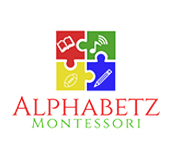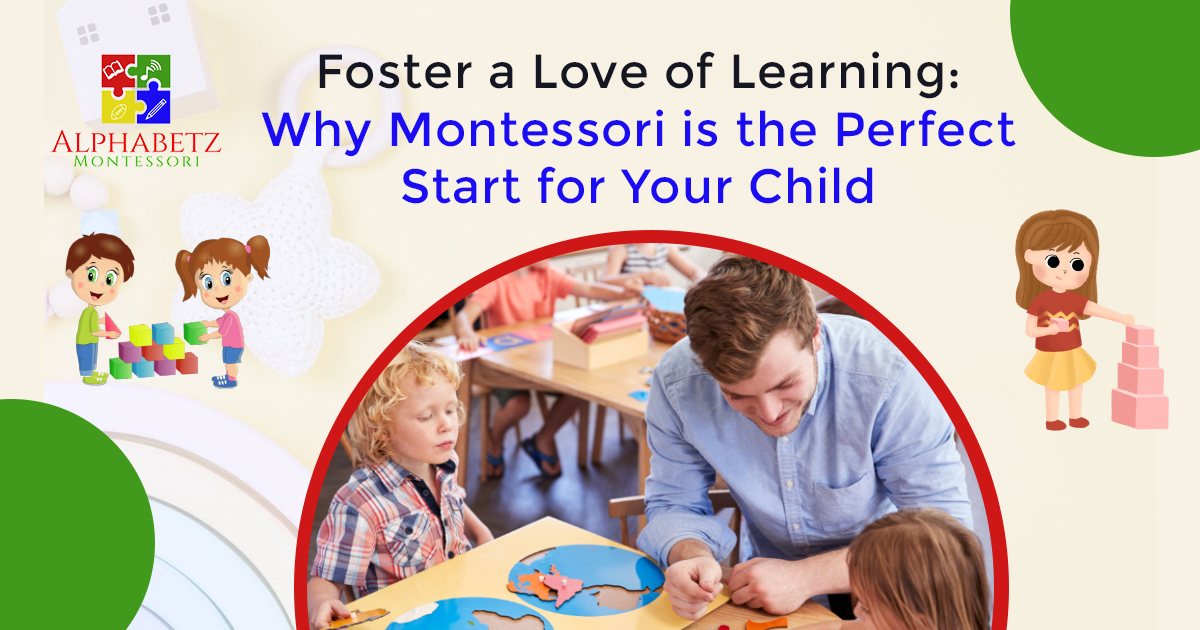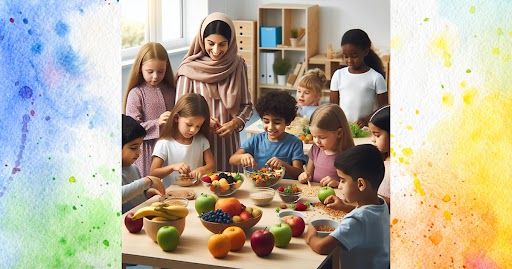Explore the core principles of Montessori philosophy and how they foster independent learning, and holistic development in children at Alphabetz Montessori.
As parents, we all want to give our children the best possible start. Our choices during their early years can profoundly impact their future, shaping their values, abilities, and overall approach to life. One of the most significant decisions you’ll make is choosing the right educational environment for your child. Among the various educational philosophies available today, Montessori education stands out as a remarkable approach that fosters a lifelong love of learning. The Montessori Philosophy:…
In a world where childhood obesity and unhealthy eating habits are increasingly becoming concerns, the integration of nutritional education into early childhood learning is more important than ever. The Montessori philosophy, known for its holistic approach to education, offers a unique perspective on teaching nutrition. This blog explores how the Montessori method fosters healthy eating habits in children through its curriculum, environment, and practical activities. The Montessori Approach to Nutrition Montessori education is distinguished by…


